At the same time, Magnus Carlsen made this variant more and more popular than traditional chess, which has a long history.
Freestyle Chess, also known as Fischer Random Chess or Chess960, is an interesting variation of traditional chess. Its most distinctive feature is the random starting positions of the back row pieces (except pawns).
This creates a myriad of unique positions from the very first move, significantly eliminating the advantage of memorizing traditional openings and encouraging creative thinking and chess instincts in the player.
The idea for this unique chess game was invented in 1996, by the 11th world chess champion, Bobby Fischer.
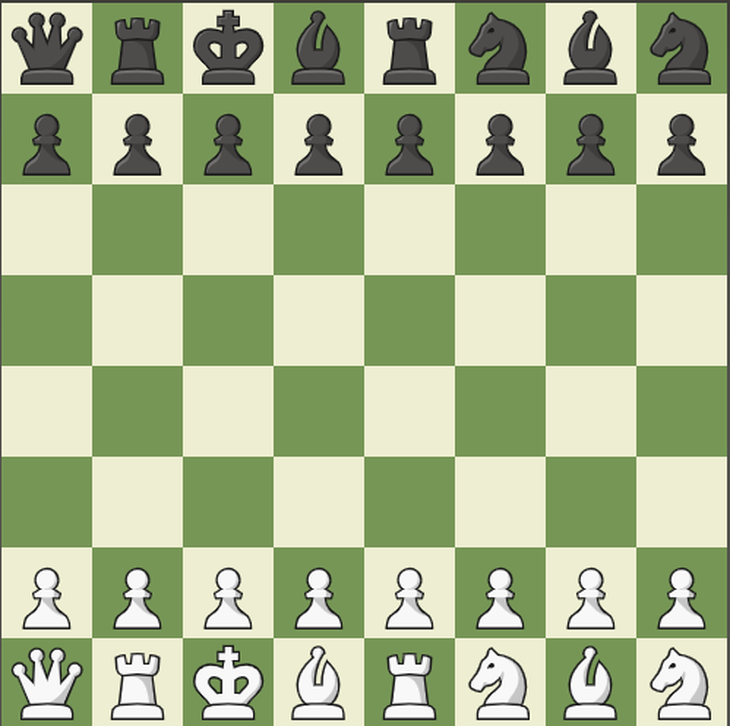
The pieces start in random positions, making this variation interesting for players.
Fischer's main aim was to reduce the reliance on extensive memorization of openings, which he believed had become too much a part of elite chess. He wanted to create an environment where creativity and pure chess skill would play a more decisive role.
Because with 960 different starting positions, it is nearly impossible for players to prepare in detail for each game.
Instead, players must rely on analysis and improvisation from the very first moves.
Advantages of Freestyle Chess
The outstanding advantage of Freestyle Chess lies in eliminating opening theory, opening up opportunities for players with sharp tactical thinking, instead of relying solely on mechanical memorization.
From the first moves, instead of searching for a path according to predetermined "openings", Freestyle Chess emphasizes creativity and improvisation, forcing players to solve completely new situations.
It is this unpredictability and hidden surprises that bring a breath of fresh air, significantly increasing the appeal for players and spectators watching the match.
The attraction of tournaments and development
In recent years, the appeal of Freestyle Chess has spread more and more strongly, as evidenced by the birth of a series of large-scale tournaments.
A typical example is the prestigious Freestyle Chess Grand Slam Tour, which gathers the top elites of the world chess village. Including super grandmasters such as Magnus Carlsen, Hikaru Nakamura, Fabiano Caruana,...
Freestyle Chess tournaments often feature a variety of formats, combining a dramatic round-robin rapid chess group stage with a tense knockout stage in standard chess. Draws are often resolved in thrilling rapid or blitz tie-breaks. There are even the occasional Armageddon.
The development of Freestyle Chess has also received enthusiastic support from top players themselves, who see it as a promising direction for the future of this intellectual sport . In particular, Magnus Carlsen is one of the most enthusiastic pioneers.
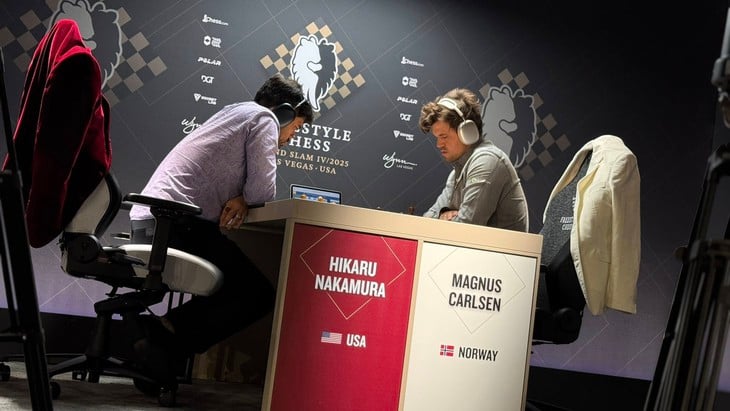
Chess king Magnus Carlsen and Nakamura are enthusiastic pioneers of the chess960 variant - Photo: ChessBase India
In addition, the prize is an indispensable factor when talking about the attraction of the Freestyle Chess championship.
Specifically, at the 4th stage of the Freestyle Chess Grand Slam tournament that just ended a few days ago, the total prize value reached 750,000 USD. This is a huge number, far exceeding the usual level of traditional chess tournaments, promising to bring Freestyle Chess to a new level.
Not only that, the strong development of leading online chess platforms such as Chess.com and Lichess, with the integration of Freestyle Chess features, has created unprecedented convenience for players around the world to easily access and experience this innovative variant.
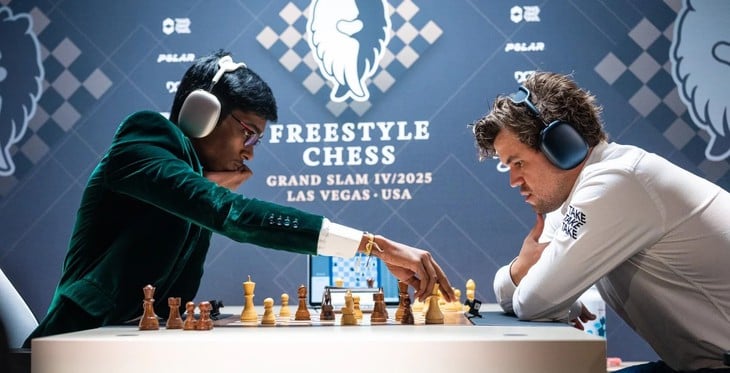
Freestyle Chess tournaments are attracting more and more players - Photo: ChessBase India
Now, Freestyle Chess is slowly being seen as an important factor in the future of chess.
By removing the inherent boredom of well-studied openings and emphasizing creativity, this variation has the potential to attract a fresh audience, breathing new life into this intellectual discipline.
Source: https://tuoitre.vn/dieu-gi-khien-vua-co-magnus-carlsen-dan-than-vao-freestyle-chess-20250723142805745.htm




![[Photo] Deep sea sand deposits, ancient wooden ship An Bang faces the risk of being buried again](https://vphoto.vietnam.vn/thumb/1200x675/vietnam/resource/IMAGE/2025/11/13/1763033175715_ndo_br_thuyen-1-jpg.webp)




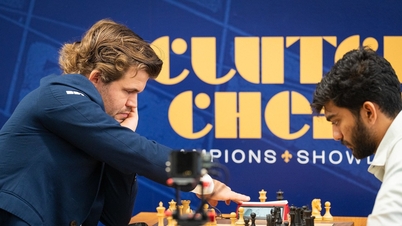
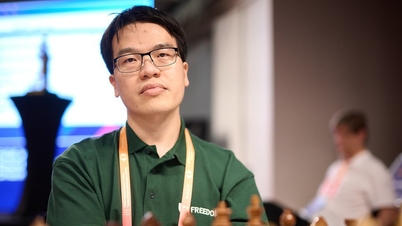
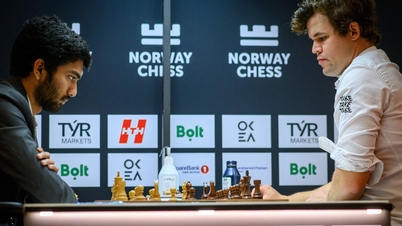

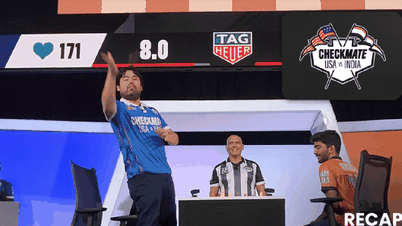
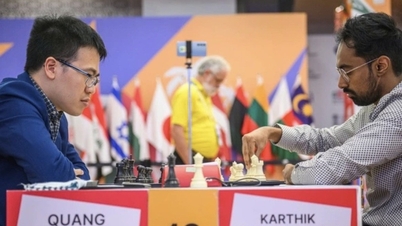

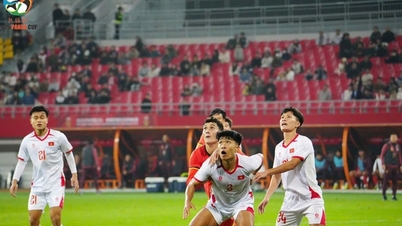

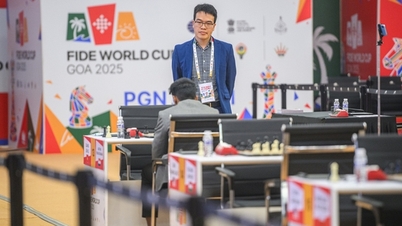




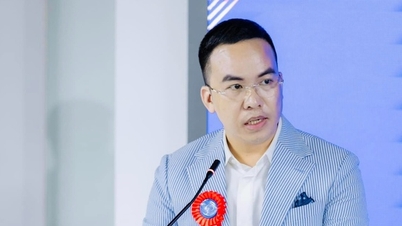








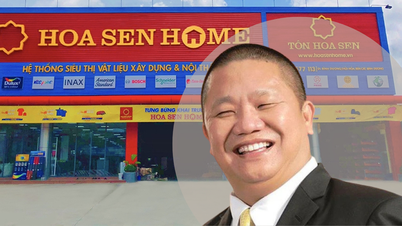



































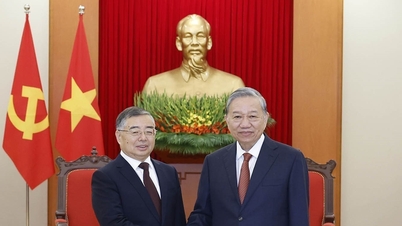
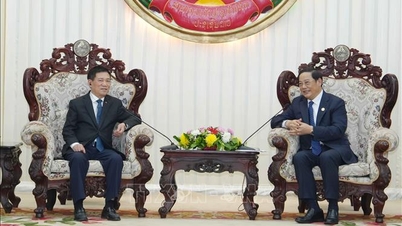






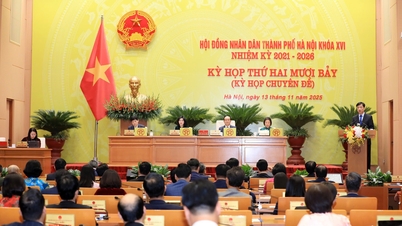


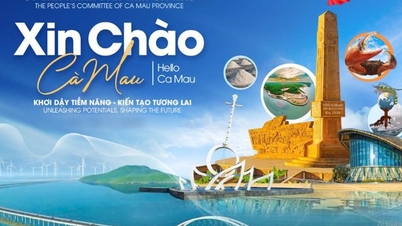
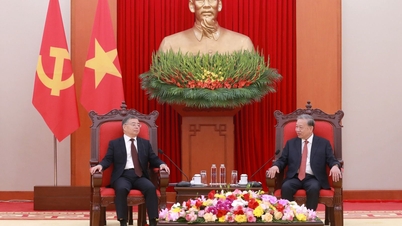


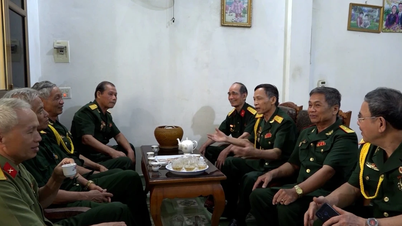


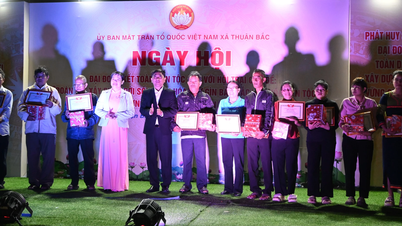
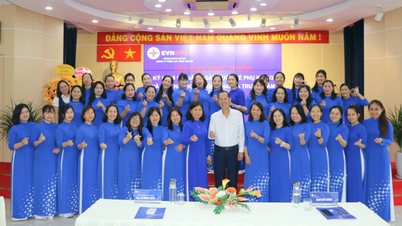






![Dong Nai OCOP transition: [Article 3] Linking tourism with OCOP product consumption](https://vphoto.vietnam.vn/thumb/402x226/vietnam/resource/IMAGE/2025/11/10/1762739199309_1324-2740-7_n-162543_981.jpeg)







Comment (0)